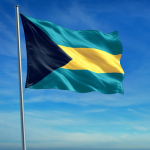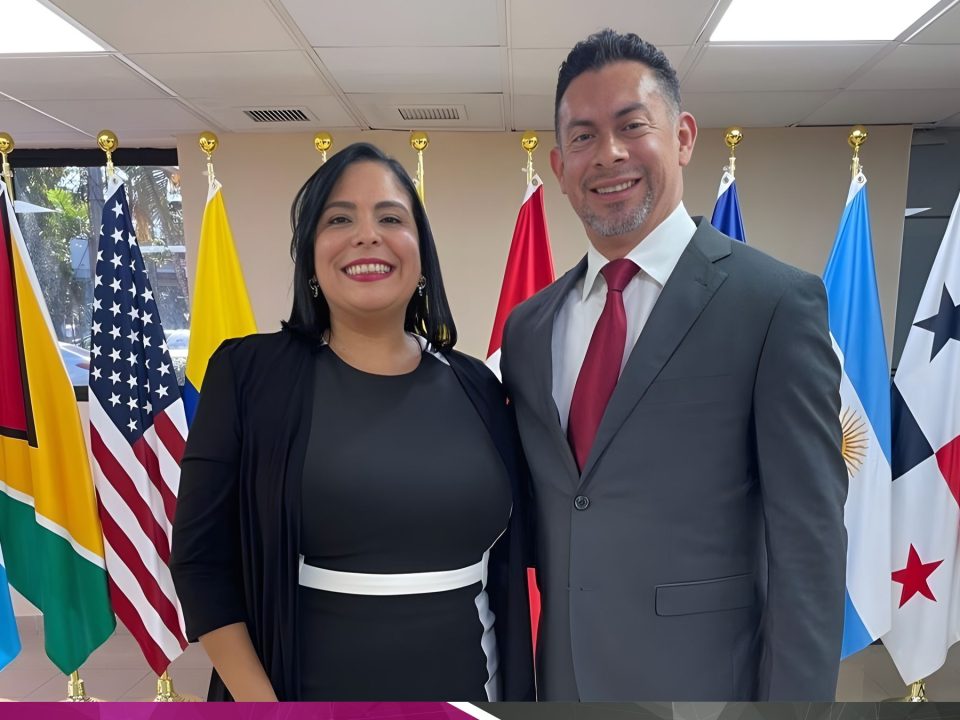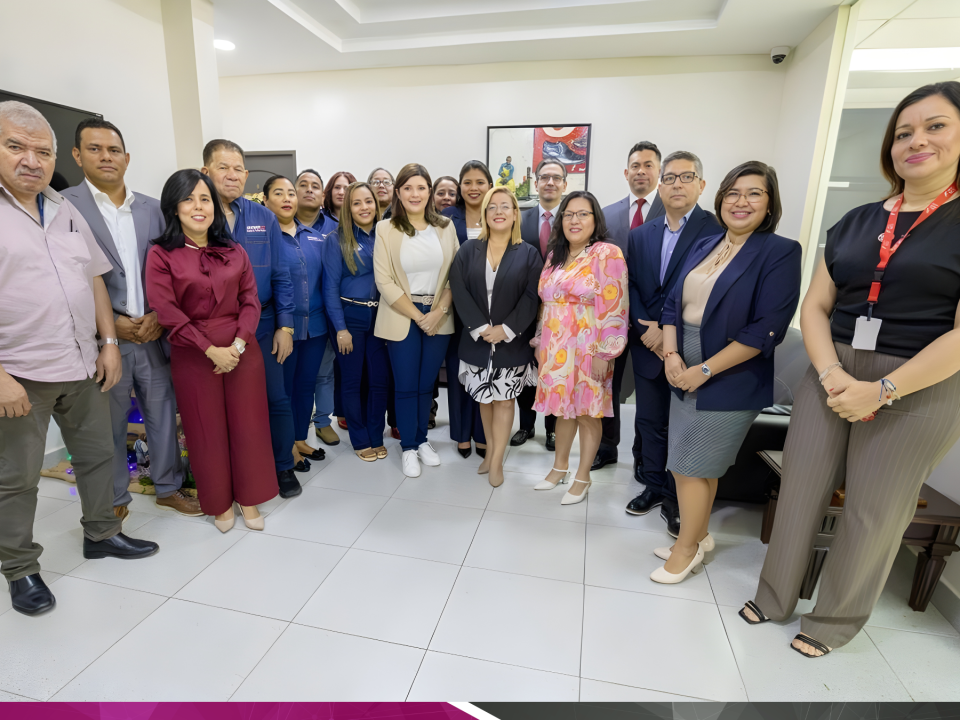
Icaza participates in APADEPI’s Civil Procedure Code discussion
14/07/2025
Regulatory Requirements Guide for Companies in The Bahamas
07/08/2025Guidance for law firms, wealth managers, family offices and high-net-worth individuals

1. Regulatory Stability & Legal Framework
A predictable, investor-friendly legal environment safeguards shareholder rights, reduces transactional risk and reassures counterparties that contracts will be enforced.
Key elements to review
| Indicator | Why it matters | Practical questions |
| Maturity of company law | Modern statutes simplify incorporations, continuations and mergers. | Does the jurisdiction follow well-tested legislation such as the BVI Business Companies Act or Panama Corporation Law? |
| Judicial independence | Experienced commercial courts speed up dispute resolution. | Are cross-border judgments regularly recognized and enforced? |
| International cooperation | Balanced adoption of FATF, OECD and CRS standards avoids regulatory surprises. | Has the country avoided over-implementation that might slow business? |
| Political risk profile | Constitutional changes can reshape corporate rules overnight. | How often have foreign-investment laws been amended in the past decade? |
Early due-diligence on these points helps prevent costly restructurings down the road.
2. Tax Efficiency & Double-Taxation Treaties
Effective tax optimisation is central to preserving returns, supporting inter-generational transfers and limiting leakage in multi-tier structures.
Checklist
- Territorial vs. worldwide tax systems – Territorial regimes (e.g., Panama, BVI among other commonwealth jurisdictions) exempt foreign-sourced income.
- Withholding taxes – Zero-rate jurisdictions lower dividend, royalty and interest outflows.
- Treaty network – Extensive DTAs (e.g., Singapore, Cyprus) reduce cross-border withholding and improve certainty.
- Economic substance rules – Ensure that any required local activities (directors, premises, staff) align with your operating model.
Combining a treaty jurisdiction with a zero-tax holding vehicle often balances tax neutrality and treaty access.
3. Reputation & Transparency Ratings
The perceived standing of a domicile affects banking relationships, fund-raising and overall deal speed.
Benchmarks to consult
- FATF grey/black lists and EU list of non-cooperative jurisdictions
- OECD Global Forum ratings (exchange-of-information effectiveness)
- IMF and World Bank governance indicators
Jurisdictions that have been removed from restrictive lists typically regain investor confidence quickly and reduce compliance friction.
Key note: On July 9th, 2025, Panama was removed from the European Union’s blacklist, strengthening the image of the jurisdiction worldwide.
4. Confidentiality balanced with Compliance
Legitimate privacy protects competitive information and personal security; clear compliance rules ensure continued access to banking and capital markets.
Best-practice features
- Private Beneficial-owner registers with tiered access – Authorities can obtain data without making it publicly searchable for third parties, maintaining high standards of confidentiality and privacy.
- Robust data-protection laws – Safeguard client files from cyber-threats.
- Transparent KYC/AML guidance – Clear rules help service providers collect accurate documents up front, avoiding last-minute delays.
Selecting a jurisdiction that strikes this balance reduces both reputational risk and administrative headaches.
5. Speed, Cost & Administrative Efficiency
Time-to-market and predictable maintenance costs often tip the scales between two otherwise similar domiciles.
| Metric | BVI (typical) | Panama (typical) | Singapore (typical) |
| Incorporation time | 1–2 days | 2–3 days | 3–5 days |
| Gov’t fees (USD*) | 550–1,350 | 300–500 | 300–600 |
| Annual renewals | Flat fee | Tiered by capital | Tiered by capital & activity |
*Excludes resident-agent and professional fees.
Digital registries, e-certificates, and single-window filings further reduce courier costs and delays.
Bringing It All Together
Create a weighted decision matrix that scores shortlisted jurisdictions on these five dimensions according to your strategic priorities—e.g., 40 % tax efficiency, 25 % reputation, 15 % confidentiality, 10 % legal stability, 10 % speed & cost. Seasoned advisors can help model costs, compliance timelines and substance requirements before you commit.
Frequently Asked Questions (FAQs)
| # | Question | Answer |
| 1 | What documents are required to incorporate an offshore company? | Certified passport, proof of address, and KYC forms for each shareholder/director are standard; additional due-diligence may apply depending on risk factors. |
| 2 | How long does it take to open a bank account for an offshore entity? | Expect 2–6 weeks, depending on the bank, risk profile and quality of your documentation; pre-arranged introductions can shorten the timeline. |
| 3 | Do offshore companies need to file annual financial statements? | Requirements vary. BVI and Panama have no public filing, whereas Singapore mandates audited accounts once revenue or asset thresholds are met. |
| 4 | Will my offshore company be reported under the Common Reporting Standard (CRS)? | Only if they engage in a relationship with a financial institution. As Registered Agents are not considered financial institutions, they are not required to do CRS/FATCA reporting for their role as Agents. |
| 5 | What are economic substance rules and do they apply to holding companies? | Some jurisdictions require certain entities to demonstrate ”substance” depending on the company´s activities. Pure holding companies and companies not engaged in what are called “relevant activities” often face reduced thresholds, but the rules differ, so pre-check is vital. |
| 6 | Can one offshore company hold assets in multiple countries? | Absolutely. Offshore vehicles routinely own global bank accounts, real estate, intellectual property and portfolio investments. |
| 7 | Is the use of nominee directors legal? | Yes, licensed service providers may act as nominee directors, registering the ultimate beneficial owner with the authorities. |
| 8 | What are the ongoing costs after incorporation? | Budget for government renewal fees, resident-agent services and bookkeeping; expect approximately USD1,200 (BVI) to USD 2,500+ (Singapore) annually. |
| 9 | Can I redomicile an existing onshore company to an offshore jurisdiction? | Many statutes allow continuation without liquidation; legal opinions and tax clearances are required to ensure a seamless migration, but generally offshore jurisdictions offer flexible regulations to allow the continuation of a company to other jurisdictions. |
| 10 | How does an offshore company facilitate estate planning? | Shares can be held in joint tenancy or transferred into a trust or foundation, bypassing probate and enabling tax-efficient wealth transfer to future generations. |
| 11 | Will an offshore company eliminate all my taxes? | No. Offshore entities optimize global tax efficiency but do not remove a taxpayer’s personal or domestic obligations on their tax residence jurisdiction. |
| 12 | What if the jurisdiction becomes blacklisted? | Banks may impose enhanced due-diligence or even restrict transactions. Regular monitoring lets you pivot to alternative domiciles if needed. |
For tailored jurisdiction comparisons, up-to-date cost models and end-to-end incorporation support, contact Icaza, González-Ruiz & Alemán. Our multidisciplinary private-wealth team combines more than a century of legal experience with modern, client-focused service to help you establish—and sustain—robust international structures.








